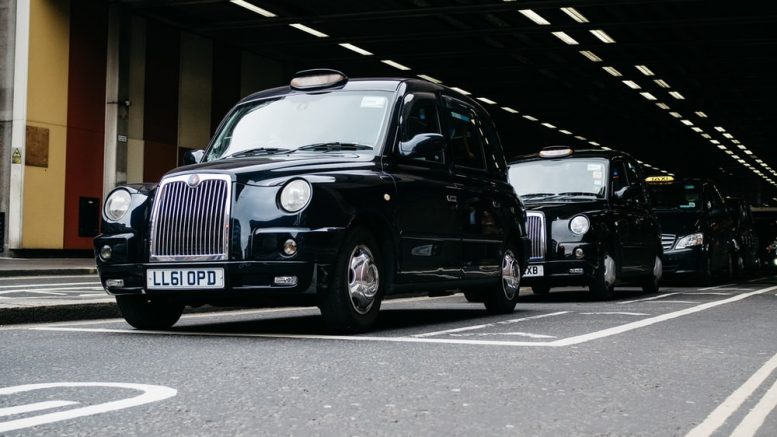The Licensed Private Car Hire Association (LPCHA) estimates that the industry is short of 160,000 of the previously 300,000-strong workforce.
Steve Wright, chairman of the LPCHA, told the BBC: “We have had calls from Inverness in Scotland, right down to Cornwall, with people saying they cannot get drivers and they cannot get licenses quickly enough.”
The requirements to become a qualified taxi driver, such as a complete medical test, medical record and the famous “Knowledge” test – plus, applying to the local cancel for a license, which cost £600 a year, are enforcing the existing backlog.
Due to the lack of demand during the Covid pandemic, chauffeurs sought alternative occupations. “The more sociable hours and guaranteed income of a warehouse were really appealing to me – that is why I changed my job,” shared Thomas Bailey with the Voice of London(VOL).
One council taking a proactive approach to tackle the shortage is Torbay in Devon. They have reduced the cost of licensing to just £50 to encourage more drivers to get behind the wheel.
“We were seeing massive queues for cabs, and the tourist trade was being affected, so we thought we’d better step in,” explained councillor Christine Carter to the BBC.
However, Torbay’s approach has brought them only half of the drivers the region needs.
‘Women safety issue’
‘Girls Night In’ boycotts criticised for stopping women from reclaiming the streets
The fear that the shortage of taxi drivers will put women in more challenging situations hang upon Londoners.
“The shortage of taxi drivers in London will inevitably lead to more victims of sexual assault,” a bartender told the VOL.
In the current climate, concerns about women safety have been a primary issue. Yet, women encounter further challenges because they can not order a taxi after a long night out.
They are left with finite options to reach home.
“I waited for over an hour for a taxi while Uber drivers kept cancelling my orders. In the end, I used public transport and promised myself I won’t be going out any time soon,” shared Emmanuela Abiodun.
Office for National Statistics reported that “one in two women and one in seven men felt unsafe walking alone after dark in a quiet street near their home.”

